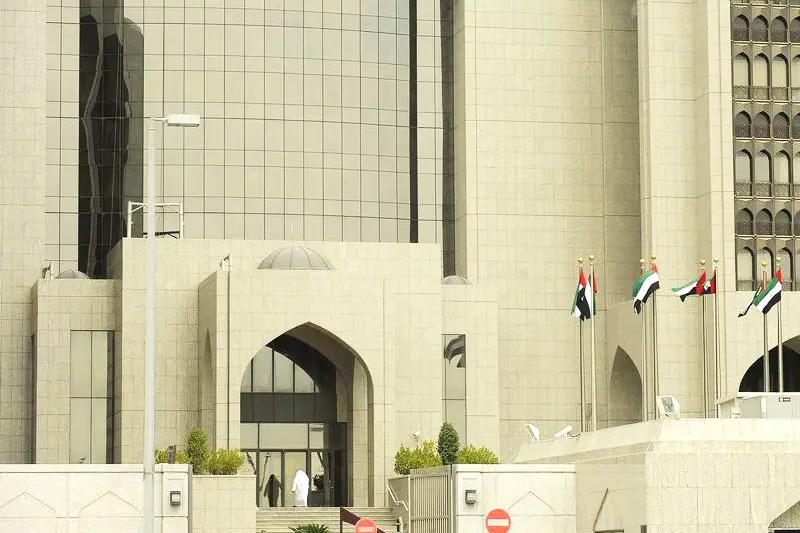The UAE has taken a significant step to modernize its financial landscape with the issuance of Federal Decree Law No. (6) of 2025. The new legislation, announced by President His Highness Sheikh Mohamed bin Zayed Al Nahyan, overhauls the regulatory framework for the Central Bank of the UAE, financial institutions, and insurance activities, aiming to align the nation’s financial ecosystem with the highest international standards.
Enhancing Financial Stability and Central Bank Independence
A core objective of the new law is to strengthen the Central Bank’s independence and its critical role in ensuring monetary and financial stability. The decree clearly outlines the bank’s principal functions, which include establishing and implementing monetary policy, supervising all licensed financial activities, and prudently managing the nation’s foreign reserves. The legislation empowers the Central Bank to issue regulations and standards that promote effective financial practices, oversee the infrastructure of financial markets, and support sustainable financing while integrating governance principles.
A Renewed Focus on Consumer Protection
The law introduces robust measures for consumer protection and financial inclusion, mandating that licensed institutions provide all community members with access to appropriate financial services. In a significant move, the decree unifies the complaints process for both banking and insurance customers under a new independent entity named “Sanadak,” which will be responsible for receiving and settling consumer complaints. The law also establishes specialized judicial committees to adjudicate financial disputes, with decisions being final and enforceable for amounts up to AED 100,000, creating a more streamlined resolution process.
Proactive Crisis Management and Resolution Powers
To safeguard the financial system, the decree outlines proactive measures for early intervention when a licensed institution shows signs of financial deterioration. The Central Bank, designated as the “Resolution Authority,” is granted extensive powers to manage financial crises. These powers include implementing recovery plans, imposing additional capital requirements, changing an institution’s management, and, if necessary, orchestrating a merger, acquisition, or liquidation. In severe cases, the Central Bank can take over management, restructure capital, or establish temporary entities to ensure the continuity of critical financial services.
Stricter Penalties to Enforce Compliance
The new framework significantly raises the ceiling for administrative fines to deter violations and enhance market discipline. The Central Bank can now impose a proportional fine of up to ten times the value of the violation or any unjust enrichment. To ensure enforcement, these fines can be automatically debited from the violating entity’s accounts held with the Central Bank or any licensed financial institution. Further promoting transparency, the Central Bank is also permitted to publish decisions related to these penalties on its official website.
About The Central Bank of the UAE
The Central Bank of the UAE (CBUAE) is the primary regulatory authority for the nation’s banking, finance, and insurance sectors. Its mandate is to promote financial and monetary stability, efficiency, and resilience in the financial system. The CBUAE is responsible for formulating and implementing banking, credit, and monetary policies, maintaining the government’s reserves of gold and foreign currencies, and acting as the “bank of banks” for the country.
Source: Zawya















